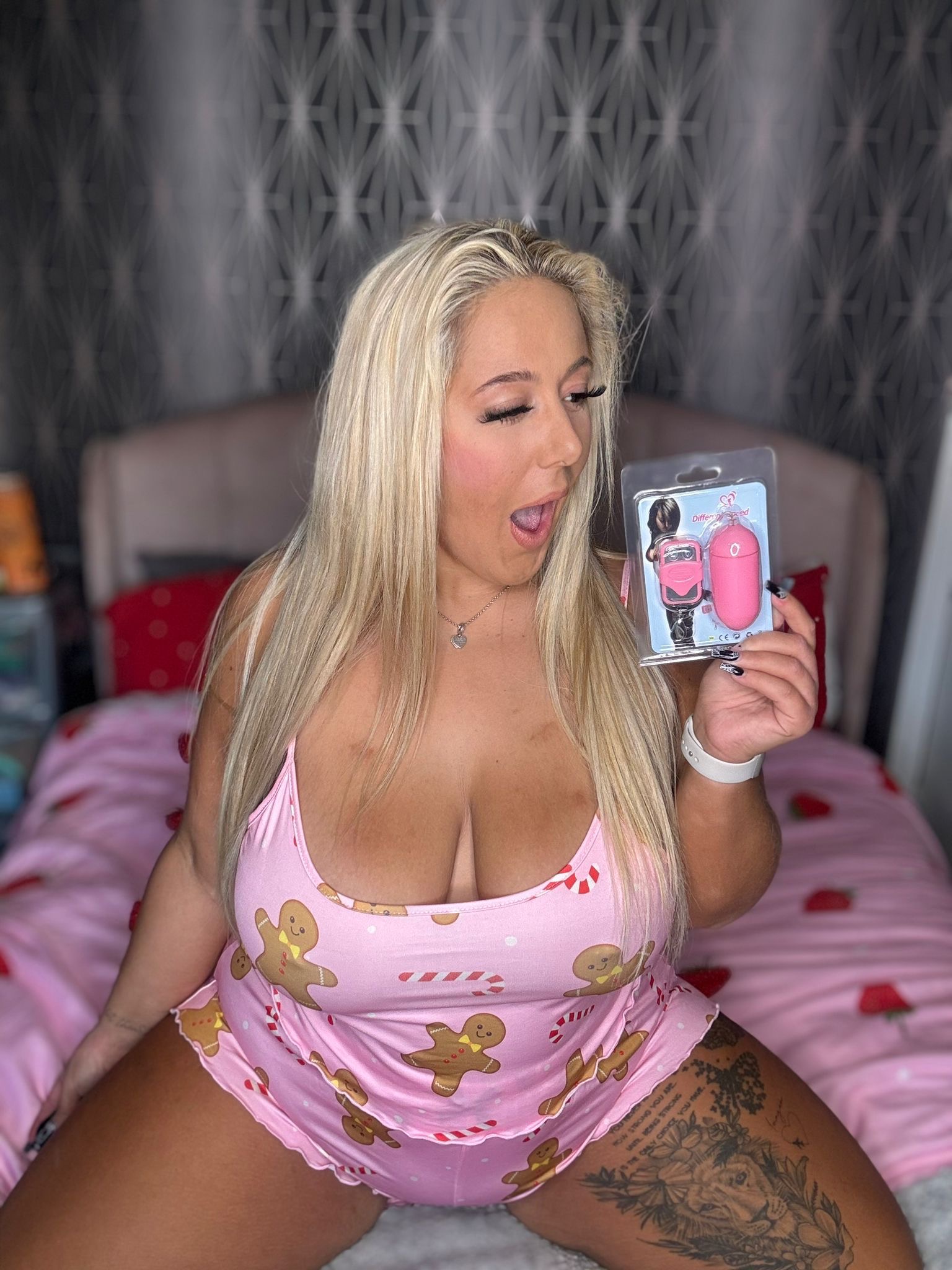Dealing With The Emotional Aftermath Of Ghosting In Relationships
May 25, 2025
Processing the Shock
Processing the shock and denial that often follows ghosting can be a challenging but crucial step in healing.

Here are some ways to navigate these initial emotions:
-
Allow yourself to feel the shock. It’s natural to be stunned and confused when someone abruptly disappears without explanation. Don’t try to suppress or deny these feelings.
-
Acknowledge the denial. You might find yourself clinging to hope that they will come back or rationalizing their behavior. While it’s important to be realistic, allow yourself a brief period of time to process the possibility that things might change.
-
Talk to someone you trust. Sharing your experience with a friend, family member, or therapist can help you make sense of what happened and validate your feelings.
-
Journaling can be a helpful tool for processing emotions. Write down your thoughts and feelings about the situation. This can help you identify patterns and gain clarity.
-
Avoid contacting the person who ghosted you. While it might be tempting to reach out, this is likely to prolong the pain and confusion. Give yourself space to heal without further input from them.

Remember that ghosting is a reflection of the other person’s choices and insecurities, not your worth or value.
By allowing yourself to feel the shock and denial, you can begin to move forward and build healthier relationships in the future.
Processing the shock and anger that follows being ghosted can be incredibly difficult. It’s a jarring experience, leaving you feeling confused, hurt, and betrayed.
Here are some strategies for navigating those intense emotions:

-
Acknowledge your feelings: Don’t try to suppress the shock and anger. Allow yourself to feel them fully. Bottling up emotions can prolong the healing process. Journaling, talking to a trusted friend or therapist, or expressing your feelings through creative outlets can be helpful.
-
Challenge negative thoughts: Ghosting often triggers self-doubt and questioning. It’s easy to fall into a spiral of thinking you are somehow inadequate or unlovable. Remember that their actions reflect more on them than on you.
-
Seek support: Lean on your support network. Talking to friends and family about what happened can provide comfort and validation. Consider joining a support group for people who have experienced ghosting, offering a space to share experiences and coping strategies.
-
Focus on self-care: Prioritize activities that nourish your well-being. Engage in hobbies you enjoy, spend time in nature, practice mindfulness or meditation, and ensure you’re eating healthy foods and getting enough sleep.
-
Set boundaries: While it’s tempting to try and reach out to the person who ghosted you, it’s important to establish healthy boundaries. Resist the urge to contact them, as this can prolong your emotional distress and prevent you from moving on.
-
Learn from the experience**: Reflect on what you learned from the relationship and how you can apply those lessons in future connections.
Healing takes time, so be patient with yourself. Allow yourself space to grieve the loss of the relationship and gradually focus on rebuilding your life and sense of self-worth.
Processing the shock and confusion after being ghosted can be a deeply painful experience. It’s natural to feel a whirlwind of emotions, from anger and hurt to bewilderment and self-doubt.
Here are some steps that may help you navigate this difficult time:
- Acknowledge your feelings:
Don’t try to suppress or ignore the pain. Allow yourself to feel the anger, sadness, confusion, and even betrayal. These are all valid emotions in response to such a jarring experience.
- Validate your experience:
Being ghosted is a form of rejection that can be incredibly hurtful. Remind yourself that you deserve respect and clear communication in relationships. It’s not your fault.
- Seek support:
Talk to trusted friends, family members, or a therapist about what happened. Sharing your experience can help you process it and gain valuable perspectives.
- Avoid rumination:
It’s easy to get caught in a loop of overthinking and analyzing what went wrong. While some reflection is normal, try to limit dwelling on the past. Focus on what you can control, which is your own healing and growth.
- Practice self-care:
Engage in activities that bring you joy and help you relax. This could include exercise, meditation, spending time in nature, or pursuing hobbies.
- Challenge negative thoughts:
Ghosting can trigger self-doubt and insecurities. Challenge any negative thoughts that arise about yourself. Remind yourself of your strengths, values, and worthiness of love.
- Focus on the future:
While it takes time to heal, remember that this experience does not define you. Use this as an opportunity to learn about healthy relationship patterns and what you want in a partner.
Remember that healing is a process, and there will be ups and downs. Be patient with yourself, practice self-compassion, and know that you are not alone.
Navigating Your Emotions
Navigating the emotional fallout of being ghosted can feel like traversing a minefield of complex emotions. It’s natural to experience a whirlwind of hurt, anger, confusion, and self-doubt. Acknowledging these feelings is the first step towards healing.
Allow yourself to grieve the loss of the relationship, even if it wasn’t formally acknowledged. The sudden silence can feel like a rejection, triggering feelings of worthlessness and abandonment.
Recognize that the ghosting likely says more about the ghoster than it does about you. Their inability to communicate maturely and respectfully speaks volumes about their emotional maturity and capacity for empathy.
Don’t minimize your pain or try to convince yourself it’s “not a big deal.” Feeling hurt is a valid response to a hurtful situation. Give yourself permission to feel the full range of your emotions without judgment.
Journaling can be an incredibly powerful tool for processing these feelings. Write down your thoughts and emotions, allowing yourself to express them freely on paper. This can help you gain clarity and release pent-up energy.
Engage in self-care practices that nurture your emotional well-being. Prioritize activities that bring you joy, comfort, and relaxation. Spend time with loved ones who offer support and understanding.
Remember that healing takes time. Be patient with yourself and allow space for the pain to gradually subside. Don’t rush the process or compare your healing journey to others.
Ghosting, the abrupt and unexplained cessation of communication, can leave a deep emotional wound. It can trigger feelings of confusion, rejection, anger, sadness, and even self-doubt.
Understanding these emotions is crucial for healing. Acknowledge them without judgment. Allow yourself to feel the pain, the anger, the hurt. Bottling up your emotions will only prolong the process.
One powerful tool in navigating these complex emotions is **self-reflection**. Spend time journaling, meditating, or simply quiet contemplation. Explore what this experience might reveal about your needs, boundaries, and self-worth.
Remember, you are not defined by someone else’s actions. Ghosting reflects more on the ghoster than it does on you. It speaks to their inability to communicate maturely and respectfully.
Turning this experience into a catalyst for **personal growth** can be transformative. Focus on building your self-esteem and resilience. Surround yourself with supportive friends and family who offer genuine connection and validation.
**Self-care** becomes even more vital during this period. Prioritize activities that nourish your mind, body, and soul. Engage in hobbies you enjoy, spend time in nature, practice mindfulness, or indulge in relaxing rituals.
Remember to be patient with yourself. Healing takes time. There will be ups and downs, moments of clarity and moments of pain. Allow yourself the space to grieve the loss of the relationship while also looking forward to a brighter future.
Consider seeking professional support from a therapist or counselor. They can provide a safe and confidential space to process your emotions and develop healthy coping mechanisms.
Ultimately, remember that you are worthy of love, respect, and open communication. Ghosting may have left a scar, but it does not define you.
Ghosting can leave you feeling a whirlwind of emotions – confusion, anger, sadness, even self-doubt. It’s natural to feel these things, as being cut off abruptly without explanation violates our need for closure and connection.
Allow yourself to grieve the loss of the relationship. Acknowledge the pain and don’t try to suppress your feelings. Journaling, creating art, or talking to a trusted friend can help you process these emotions in a healthy way.
Remember that ghosting says more about the ghoster than it does about you. It often stems from their own insecurities or inability to communicate effectively. Their actions reflect their choices, not your worth.
Avoid dwelling on “what ifs” and trying to analyze every detail of what might have happened. This can lead to spiraling thoughts and prevent you from moving forward.
Focus on self-care during this time. Engage in activities that bring you joy, spend time with loved ones who support you, and prioritize your physical health through exercise and a balanced diet.
If you find yourself struggling to cope, don’t hesitate to seek professional help. A therapist can provide guidance and support as you navigate these complex emotions and develop healthy coping mechanisms.
Building a strong support system is crucial. Surround yourself with people who love and value you. Lean on friends and family for emotional support, or consider joining a support group where you can connect with others who have experienced similar situations.
Remember, healing takes time. Be patient with yourself and celebrate your progress along the way. You are strong, resilient, and worthy of love and respect.
Moving Forward with Grace
Ghosting, the sudden and unexplained disappearance from someone’s life without closure, can leave a deep emotional wound. It shatters our sense of security and worth, leaving us grappling with confusion, hurt, and anger.
Moving forward gracefully after being ghosted requires acknowledging the pain and validating your feelings. Allow yourself to grieve the loss of the relationship, even if it wasn’t a long-term one. Bottling up emotions will only prolong the healing process.
Challenge the negative narratives that might arise. It’s easy to fall into self-blame or question your own worth after being ghosted. Remember that their actions are a reflection of them, not you. Their inability to communicate honestly is a personal failing, not an indictment of your character.
Reframe the narrative by focusing on what you learned from the experience. What patterns did you notice? What red flags were present that you might have overlooked? Use this knowledge to inform your future relationships and choose partners who value open communication and respect.
Shift your energy towards self-care and personal growth. Engage in activities that bring you joy, reconnect with loved ones, and prioritize your well-being. This period of healing is an opportunity for transformation and self-discovery.
Practice forgiveness, not for the other person, but for yourself. Holding onto anger and resentment will only hinder your ability to move on. Forgiveness allows you to release the weight of the past and create space for new experiences and relationships.
Remember that healing takes time. Be patient with yourself and allow yourself to process the emotions at your own pace. There is no right or wrong way to grieve, so find what works best for you.
Ultimately, being ghosted can be a painful experience, but it doesn’t define you. It’s an opportunity to learn, grow, and emerge stronger and wiser.
Ghosting, that abrupt and unexplained disappearance from someone’s life, can leave a trail of confusion, hurt, and anger. It’s a jarring experience that challenges our sense of self-worth and understanding of relationships.
Moving forward with grace after being ghosted means acknowledging the pain, allowing yourself to feel the emotions without judgment, and then consciously choosing to let go of expectations that no longer serve you.
Holding onto resentment or anger towards the person who ghosted you may seem natural, but it ultimately hinders your healing. It’s important to recognize that their actions reflect more on them than on you. Their inability to communicate honestly doesn’t diminish your worth or value as a person.
Letting go of expectations is crucial. You might have expected open communication, commitment, or a clear explanation. But ghosting demonstrates a lack of respect for those expectations. Releasing the need for answers or closure that may never come frees you from their power.
Shifting your focus inward becomes essential. Invest in self-care practices that nourish your emotional well-being: engage in activities that bring you joy, connect with supportive friends and family, and prioritize your physical health.
Embrace the opportunity for growth. This experience can teach you valuable lessons about boundaries, self-respect, and recognizing red flags in future relationships. It empowers you to choose healthier connections where communication and respect are paramount.
Remember, healing takes time. Be patient with yourself, allow space for grief and processing, and celebrate your progress along the way. You deserve love, respect, and genuine connection.
Moving forward gracefully after being ghosted can be a challenging but ultimately rewarding journey. It requires self-compassion, introspection, and a willingness to learn from the experience.
Acknowledge and validate your feelings.
It’s normal to feel hurt, confused, angry, or even betrayed when someone ghosts you. Allow yourself to grieve the loss of the relationship, even if it wasn’t officially defined.
Process your emotions healthily.
- Talk to trusted friends or family members about what happened. Sharing your feelings can help you process them and the hucklebuck position gain perspective.
- Journaling can be a powerful tool for expressing your thoughts and emotions in a private space.
- Consider seeking professional therapy if you’re struggling to cope with the emotional pain.
Reframe the situation.
While it’s painful, try to see ghosting as a reflection of the other person’s inability to communicate effectively rather than a statement about your worth.
Practice self-compassion.
Be kind to yourself during this time. You deserve love and respect, and being ghosted doesn’t diminish your value.
Learn from the experience.
- Reflect on the relationship and identify any red flags that you may have missed.
- Use this experience to set healthier boundaries in future relationships.
- Remember that ghosting is a form of disrespect, and you deserve better.
Focus on self-care.
Engage in activities that bring you joy and help you feel good about yourself. This could include spending time with loved ones, pursuing hobbies, exercising, or practicing mindfulness.
Look to the future with hope.
Ghosting may feel like a setback, but it doesn’t define your ability to find love and happiness.
Keep an open mind and heart, knowing that there are people out there who will treat you with the respect and kindness you deserve.
Keep reading here for more
Get deeper insight from this article
- Skin Pen Microneedling Near Albury, Surrey - December 5, 2025
- Skin Injectables Near Hindhead, Surrey - December 4, 2025
- Should I Massage Nasolabial Fillers? - December 2, 2025
